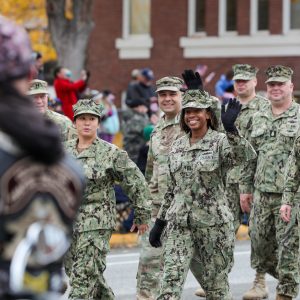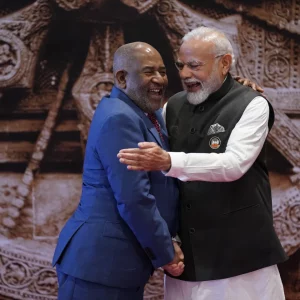
Last Friday, Malala Yousafzai and Kailash Satyarthi were named the co-winners of the 2014 Nobel Peace Prize. The Norwegian Nobel Committee stated that the two shared the prize for “their struggle against the suppression of children and for the right of all children to an education.”
Yousafzai is a 17-year old Pakistani education activist, who gained international fame after speaking out against a Taliban ban on women’s education in an anonymous BBC blog when she was in 7th grade. In 2012, after her identity was revealed, Taliban gunmen shot her in the head in retaliation on her way to school. After recovering from the life-threatening wounds in England, she started the Malala Fund, which invests in girls’ education around the world through funding and special programs supporting the transition of former child laborers and child brides into students. She is the youngest ever winner of the award and was a favorite to win the award last year as well before the Prize was awarded to the Organisation for the Prohibition of Chemical Weapons. She is also only the 16th woman to win the award out of the 95 times the prize has been awarded.
Satyarthi is a 60-year-old Indian children’s rights activist, who is the head of the organization Bachpan Bachao Andolan, or Save the Childhood, which aims to stop human trafficking in India and put children in school instead. Since its inception in 1980, his organization has helped over 80,000 children by conducting raids in factories and brothels known to employ children, many of whom are trapped in their jobs due to their parents’ debt. He also helped pass the Right of Children to Free and Compulsory Education Act in 2009. Further more, he is the founder of the Global March Against Child Labor, an international alliance that raises awareness of child labor through means such as nonviolent protest, and GoodWeave International, which labels rugs made in child labor free factories.
Both choices were hailed worldwide and were largely uncontroversial, unlike the crowning of previous winners, such as Chinese dissident Liu Xiaobo in 2010 and former US Secretary of State Henry Kissinger in 1973. The Nobel Committee also noted how significant it was that a Hindu from India and a Muslim from Pakistan jointly won the award for combating extremism. Hindu-majority India and Muslim-majority Pakistan have been engaged in an ongoing conflict in the contested region of Kashmir since the partition of India in 1947 when the two became separate countries.
Though Yousafzai and Satyarthi have both accomplished so much, their work is not done, especially when, according to UNICEF, eleven percent of the children in India are still forced into child labor and girls are ten percent less likely to attend secondary school as boys in Pakistan. As Satyarthi tweeted after he won, “Won’t stop until child labor is eliminated.” Hopefully awarding the Nobel Peace Prize to them will bring more attention to issues such as human trafficking and child labor and propel others into action as well.
Featured Image Source: Nobelprize.org, October 2014





Be First to Comment